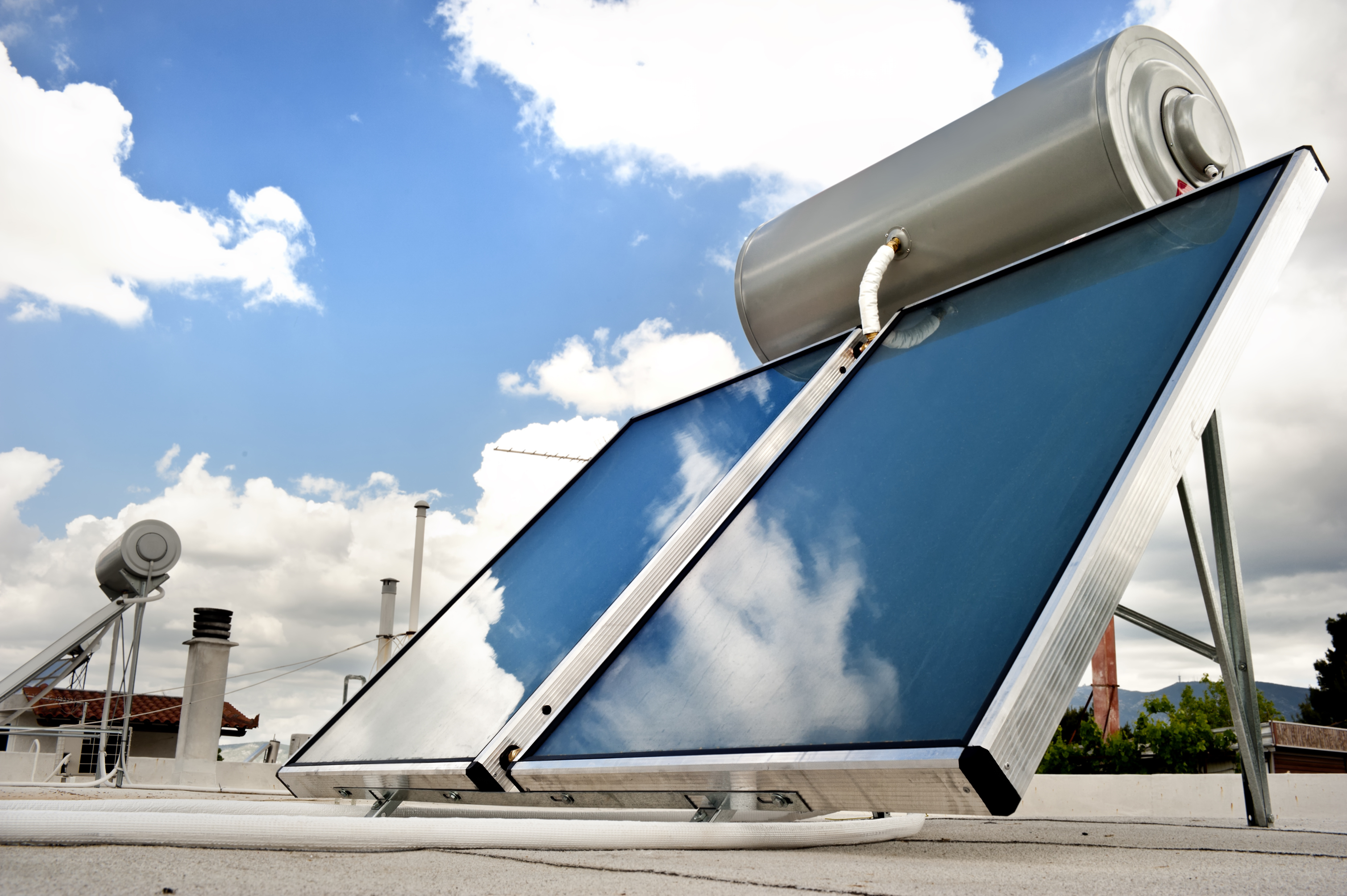Renewable Energy Systems
페이지 정보

본문
 The escalating costs of electricity and water have made it imperative for individuals and businesses to find ways to reduce their energy consumption. One effective solution to conserve energy and lower expenses is to invest in solar water heater systems. These eco-friendly systems harness the sun's energy to heat water, thereby improving thermal efficiency and reducing dependence on conventional energy sources.
The escalating costs of electricity and water have made it imperative for individuals and businesses to find ways to reduce their energy consumption. One effective solution to conserve energy and lower expenses is to invest in solar water heater systems. These eco-friendly systems harness the sun's energy to heat water, thereby improving thermal efficiency and reducing dependence on conventional energy sources.Solar water heater systems work by using solar collector arrays or heat absorption units to absorb heat from the sun's rays. This absorbed heat is then transferred to a storage tank, where the water is heated and ready for use. The system can be part of a larger photovoltaic installation or a standalone unit.
There are various types of solar water heater systems available, including:
- Flat Plate Collectors: These are the most basic type of solar water heater system. They use flat plates to absorb heat from the sun's rays and transfer it to a storage tank.
- Efficient Water Heating Systems: These systems use long, evacuated tubes to absorb heat from the sun's rays and transfer it to a storage tank. They are more efficient than flat plate collectors and can be used in a wider range of temperatures.
- High-Efficiency Water Heating Systems: These systems use evacuated tubes with a vacuum-insulated tube to absorb heat from the sun's rays and transfer it to a storage tank. They are highly effective and can be used in cold climates.
- Reduced Energy Consumption: By using the sun's energy to heat water, solar water heater systems reduce the need for traditional energy sources, such as electricity or gas.
- Reduced Energy Expenses: With a solar water heater system, you can significantly reduce your energy bills, especially during peak summer months when water heating is at its highest.
- Improved Performance: Solar water heater systems are highly efficient, with some systems achieving efficiencies of up to 80.
- Lowered Carbon Footprint: By using renewable energy sources, such as solar power, you can reduce your carbon footprint and contribute to a more sustainable future.
- Long-Term Reliability: Solar water heater systems are designed to last for many years, with some systems having warranties of up to 25 years.
To maximize the efficiency of your solar water heater system, consider the following tips:
- Position the system on a south-facing slope: This will ensure that the system receives direct sunlight for most of the day.
- Size the system correctly: A system that is too small may not meet your energy needs, while a system that is too large may be more expensive than necessary.
- Use insulation: Proper insulation can help to reduce heat loss and increase the system's efficiency.
- Regular maintenance: Regular maintenance can help to extend the life of your system and ensure that it continues to operate efficiently.
- 이전글Rich Push Notification Image: An inventory of 11 Things That'll Put You In a very good Mood 25.04.20
- 다음글무엇이 우리를 움직이게 하는가: 열정과 목표 25.04.20
댓글목록
등록된 댓글이 없습니다.